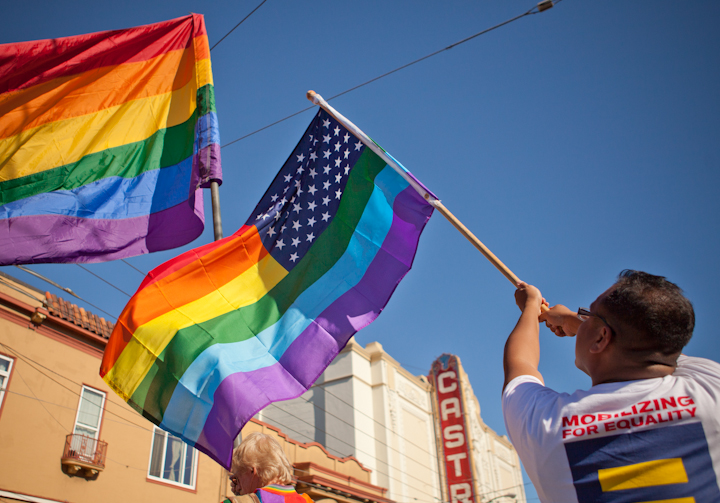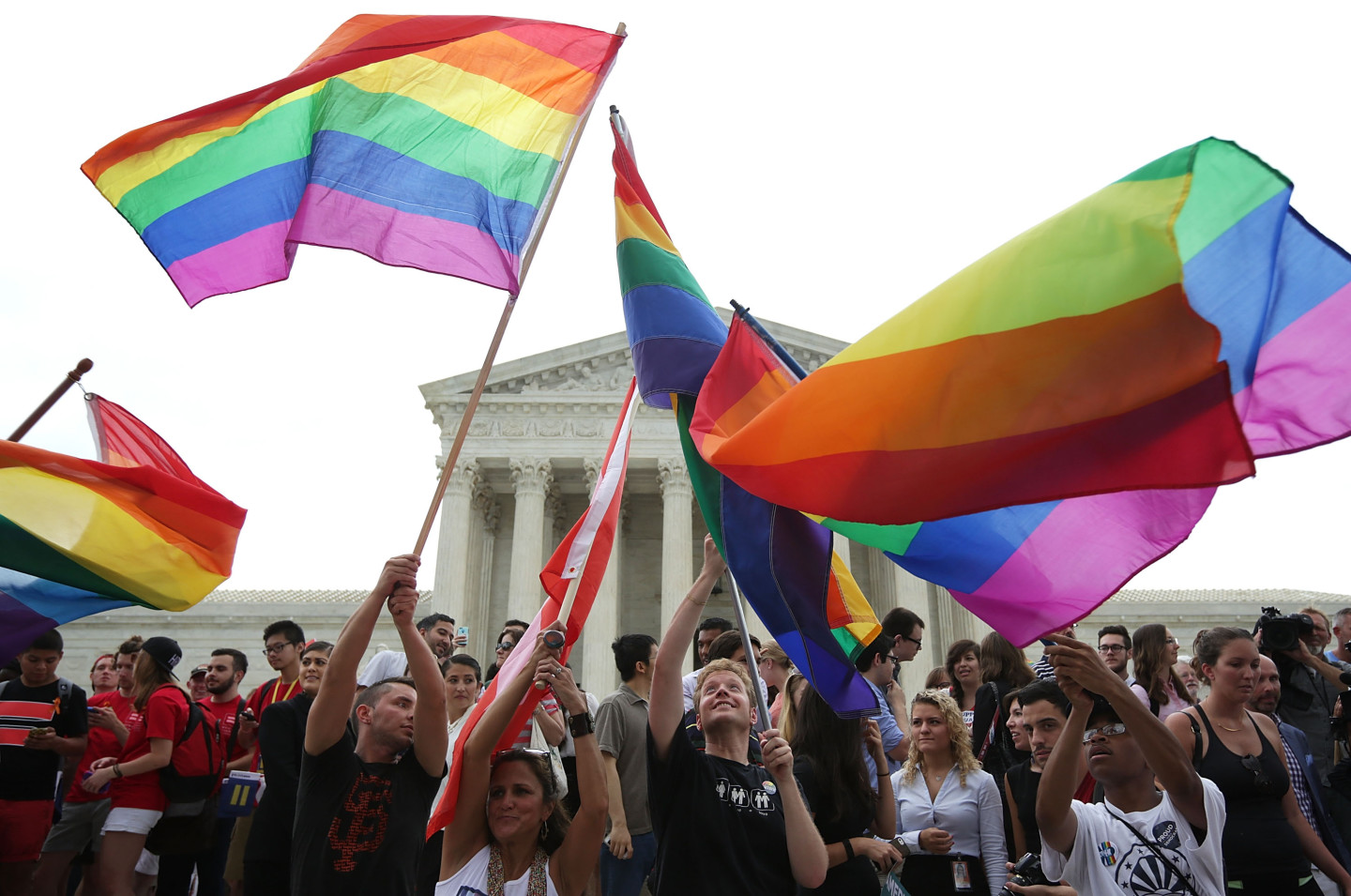KQED scored a historic legal victory Tuesday when the U.S. Supreme Court declined to consider an effort to block the release of videotapes from the 2010 federal trial in San Francisco that ultimately led to the legalization of same-sex marriage in California.
Tuesday's decision is the culmination of a 12-year legal effort that began in 2009 when a media coalition led by KQED sought to have the trial broadcast. In 2017 KQED asked the Northern District of California to unseal the trial tapes, arguing that the recordings were a vital part of the public record in a historic legal case. While the court did not agree to immediately release the tapes, it ordered them to be unsealed on Aug. 12, 2020 — 10 years after the case closed. In declining to hear an appeal of lower court rulings, the Supreme Court effectively cleared the way for the tapes to be released.
“After today’s ruling by the U.S. Supreme Court, the public will finally be able to watch the testimony that Judge Vaughn Walker considered in deciding that same-sex couples have the right to marry," said Thomas R. Burke, KQED's attorney. "There’s no doubt that the video will become a valuable instrument to educate the public about this historic moment.”
"Great news! Love wins again and now, so does transparency," said Jeff Zarillo, one of the original plaintiffs in the case.
Holly Kernan, KQED's chief content officer, agreed. "If our systems work behind closed doors, with no press or public access, we have no idea how decisions are made, nor what arguments are leading to these decisions," she said. "KQED wants more sunlight on our legal system and we will fight on behalf of the public to get that access."

